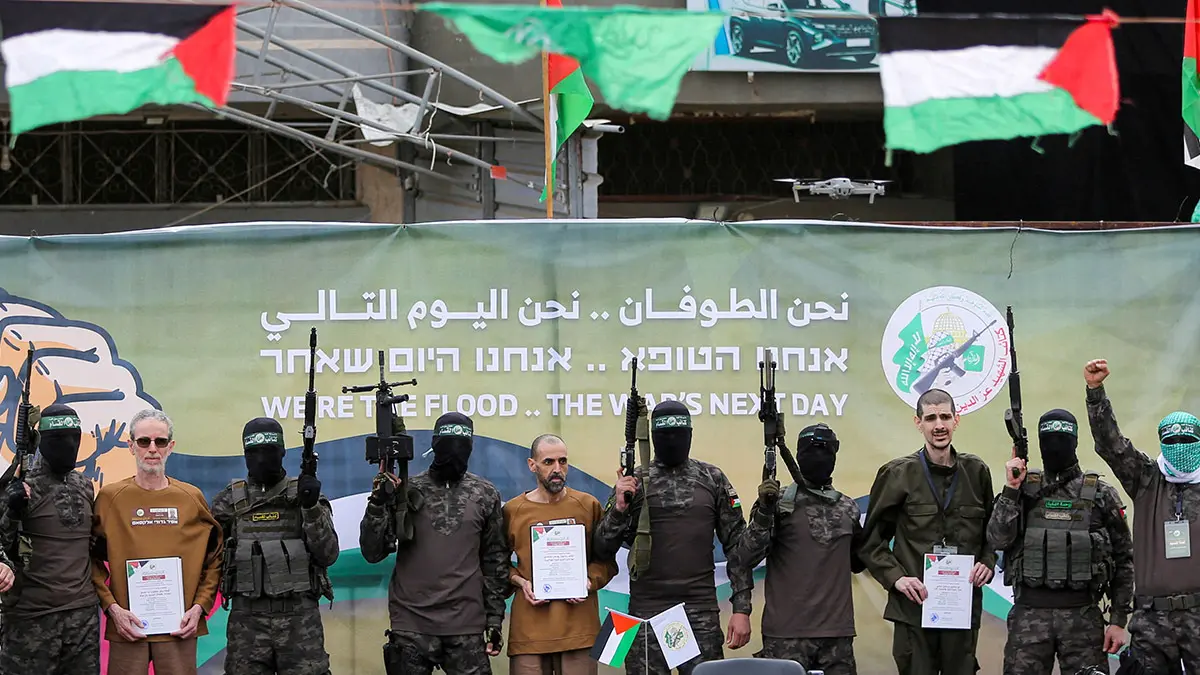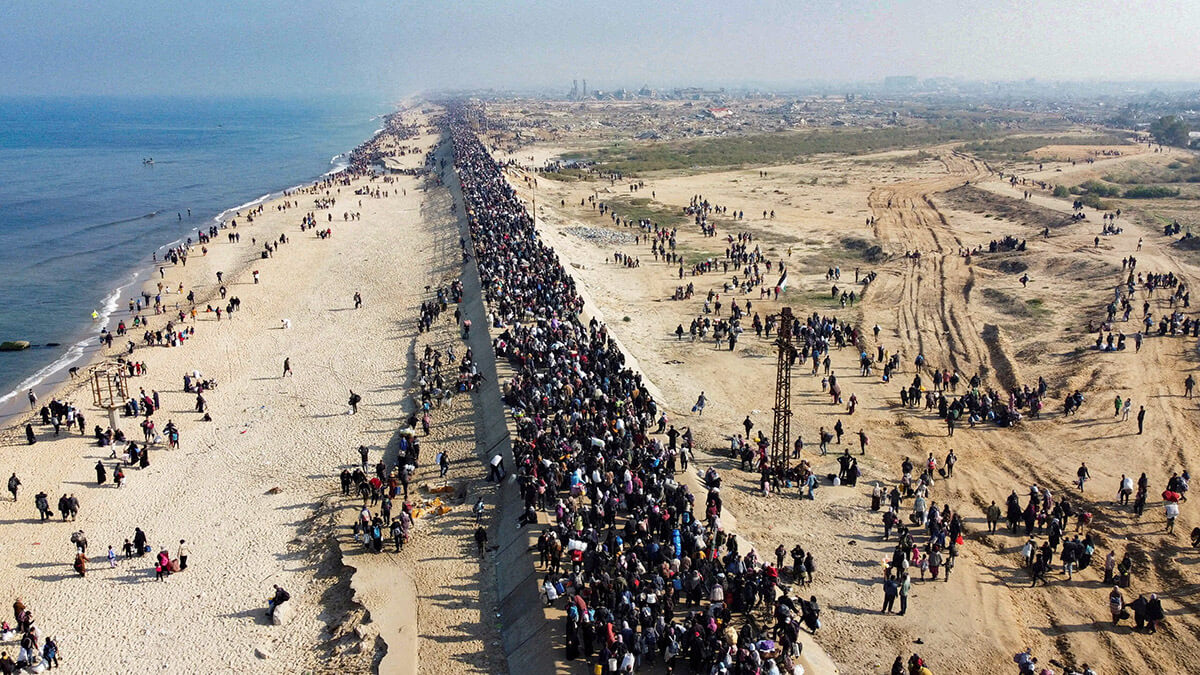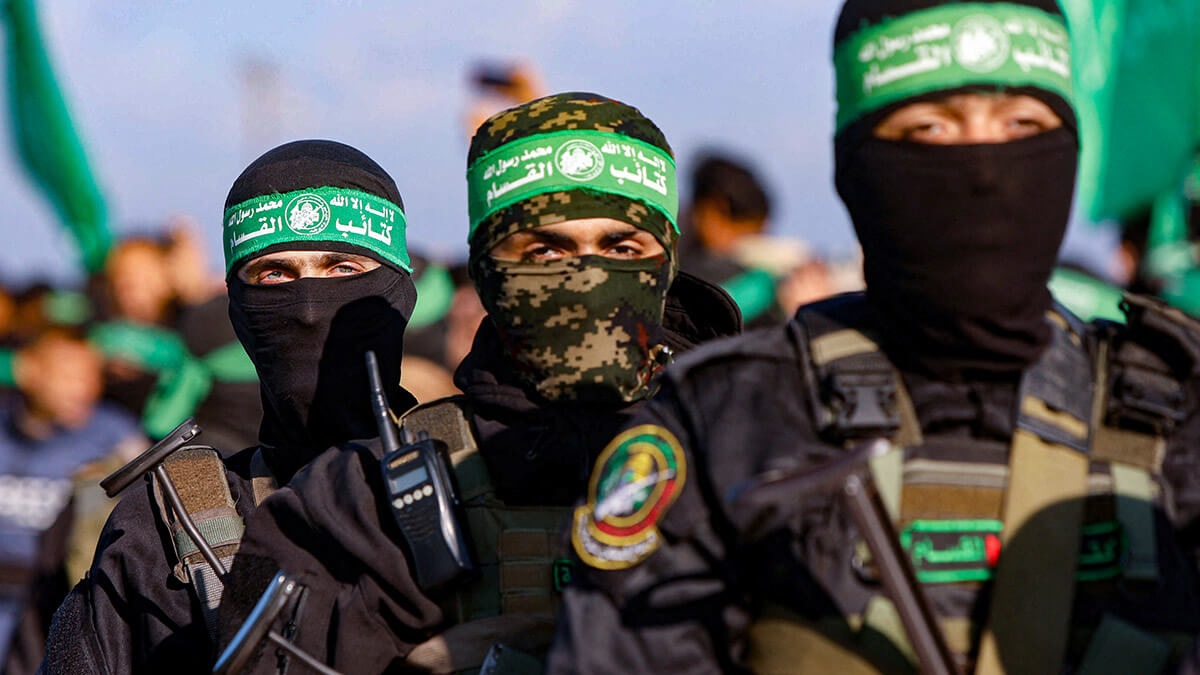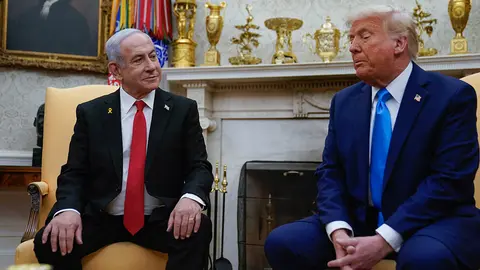The ceasefire in Gaza will go ahead despite recent threats from Hamas

Barely three weeks have passed since the start of the fragile ceasefire between Israel and Hamas. So far, the terrorist group has released 16 of the 33 hostages planned for this first phase of the agreement, while Israel has released 656 Palestinian prisoners from a list of almost 2,000.
However, in recent days Hamas has threatened to halt the release of the hostages, accusing Israel of violating the agreement by allegedly delaying the entry of essential medicines and hospital supplies, as well as by not allowing tents, prefabricated houses, fuel or machines for removing rubble to enter Gaza.
The Israeli agency responsible for humanitarian aid entering Gaza, COGAT, has rejected Hamas's claims, stating that hundreds of thousands of tents have entered Gaza since the beginning of the agreement, as well as fuel and generators.
Since the beginning of the ceasefire, Israel has accused Hamas of violating the agreement on several occasions: for not releasing the civilian Arbel Yehud when planned and for not handing over the detailed list of the situation of all the hostages held in Gaza.
Following recent threats from Hamas, Israeli Prime Minister Benjamin Netanyahu warned that the ceasefire in Gaza will end if the Palestinian group does not release the hostages this Saturday as planned.
Prime Minister Benjamin Netanyahu, this evening:
— Prime Minister of Israel (@IsraeliPM) February 11, 2025
"I have just finished an in-depth, four-hour Security Cabinet meeting. We all expressed outrage over the shocking state of our three hostages who were released last Saturday. pic.twitter.com/MzCjdFRbJL
‘If Hamas does not return our hostages by noon on Saturday, the ceasefire will end and the IDF will return to intense combat until Hamas is completely defeated,’ the Israeli leader said.
The Minister of Defence, Israel Katz, has made a similar statement, assuring that, in the event that Hamas breaks the agreement, the war in Gaza ‘will be different in intensity’ and ‘will not end without the defeat of Hamas and the liberation of all the hostages’.

For his part, the President of the United States, Donald Trump, has given Israel the green light to resume the offensive in Gaza in the event that Hamas refuses to release the hostages, urging Jerusalem to ‘let hell loose’. Trump also said that all the hostages should be returned, not two or three ‘little by little’, which is the gradual process of releases outlined in the agreement.
Following these statements, the terrorist group has shown a change of position, now indicating that they ‘are not interested in the collapse of the ceasefire’. ‘We are interested in its implementation, including the exchange of prisoners according to the specified timetable,’ Hamas said in a statement.

Concern grows over the status of Israeli hostages
The threats from the Palestinian organisation came days after the release of three Israeli hostages - Eli Sharabi, 52, Or Levy, 34, and Ohad Ben-Ami, 56 - visibly emaciated and malnourished after 16 months in captivity.
The release of these three men has increased fears about the situation and welfare of the Israelis who are still being held in the enclave. In addition, the hostages who returned to Israel have warned about the torture suffered by other kidnapping victims, claiming that several men were chained and severely malnourished.
Released hostages have confirmed signs of life for 12 hostages still held in Gaza. Ten families have chosen to share this information publicly.
— Aviva Klompas (@AvivaKlompas) February 13, 2025
🎗️ Matan Angrest
🎗️ Ziv Berman
🎗️ Gali Berman
🎗️ Elkana Bohbot
🎗️ Eliya Cohen
🎗️ Nimrod Cohen
🎗️ Omri Miran
🎗️ Eitan Mor
🎗️ Yosef-Haim… pic.twitter.com/2FHRPg5BMS
In an interview on Israel's Channel 12, the mother of the hostage Alon Ohel, 24, said that her son has shrapnel in his eye, shoulder and arm. ‘Alon was chained up the whole time and he hardly ate,’ she added.
Alon Ohel was held hostage w/ Ohad Ben Ami, Or Levy & Eli Sharabi who shared stories of his untreated injuries, a year of iron shackles & 1 daily piece of bread or less.
— CIJA (@CIJAinfo) February 10, 2025
Alon turns 24 today. We join his mother in fighting for his safe return.
H*m*s must have NO FUTURE role. pic.twitter.com/ANolR7lfY7
In total, in this first phase, Hamas has to free 33 Israeli hostages, including Shiri Bibas, 33, and her two young children, Ariel and Kfir, aged 5 and 2. In exchange, some 1,900 Palestinian prisoners, many of them sentenced to life imprisonment for terrorist acts, will be released.










